Home>Furniture & Design>Bedroom Furniture>How To Get Cat Pee Out Of A Memory Foam Mattress
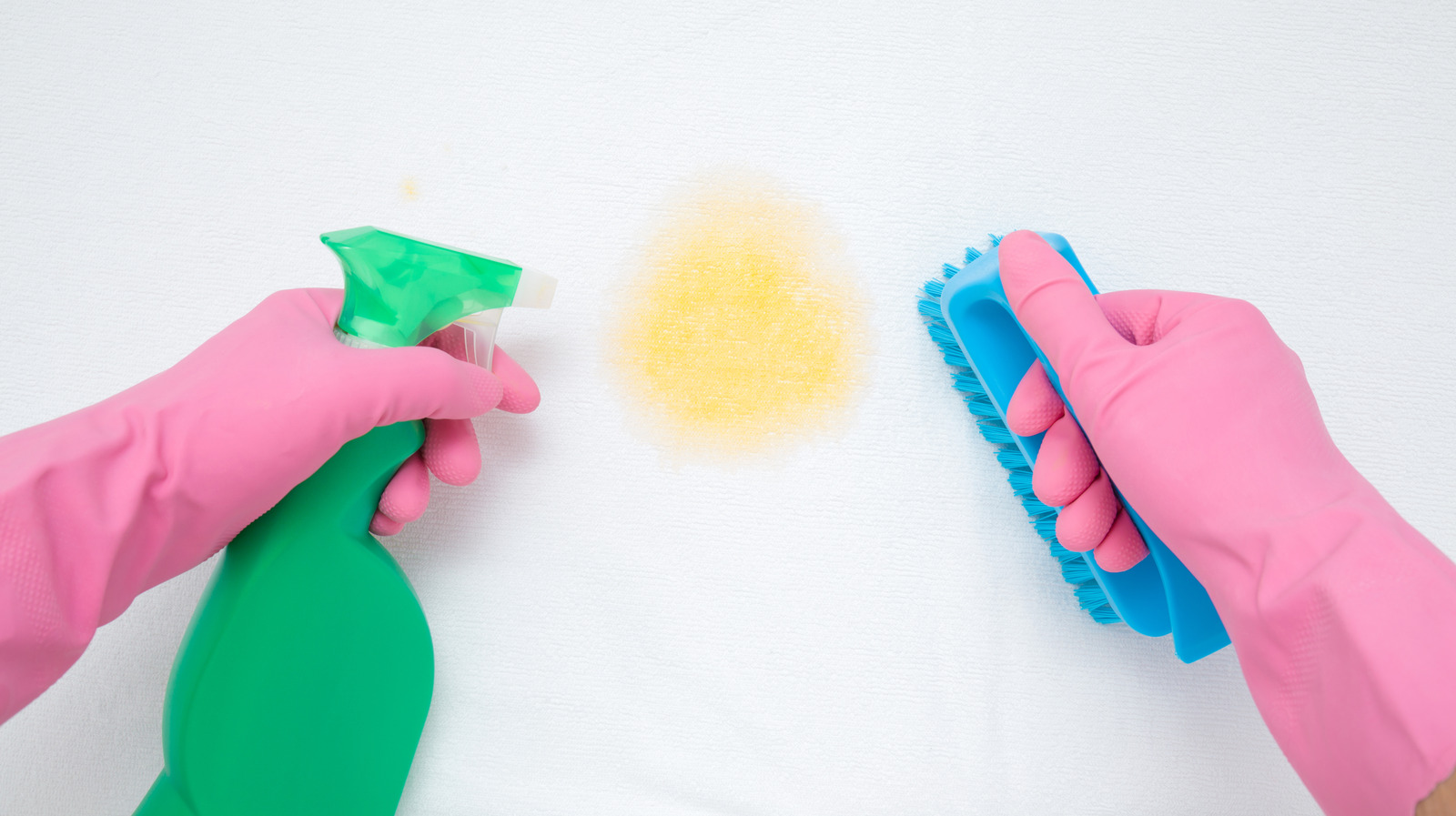

Bedroom Furniture
How To Get Cat Pee Out Of A Memory Foam Mattress
Modified: August 17, 2024
Learn effective methods for removing cat pee from a memory foam mattress with our expert tips. Keep your bedroom furniture fresh and clean with our helpful advice.
(Many of the links in this article redirect to a specific reviewed product. Your purchase of these products through affiliate links helps to generate commission for Storables.com, at no extra cost. Learn more)
Introduction
Memory foam mattresses are known for their comfort and support, but they can pose a challenge when it comes to cleaning up pet accidents, such as cat pee. Dealing with cat urine on a memory foam mattress requires prompt action and the right approach to effectively remove the stain and odor without damaging the mattress.
In this comprehensive guide, you’ll learn how to tackle this common issue and restore your mattress to its former freshness. Whether you’re a pet owner or a professional in the furniture and design industry, these steps will help you address the problem with confidence and efficiency.
Let’s dive into the step-by-step process of removing cat pee from a memory foam mattress, ensuring a clean and odor-free sleeping surface for you and your family.
Key Takeaways:
- Act quickly when dealing with cat pee on a memory foam mattress by blotting the area and using a vinegar solution to remove the stain and odor effectively.
- Prevent future accidents by using a waterproof mattress protector, keeping your pet’s sleeping area clean, and implementing consistent pet training to maintain a clean and inviting sleeping environment.
Read more: How To Get Pee Out Of A Memory Foam Mattress
Step 1: Blot the Area
Upon discovering cat pee on your memory foam mattress, it’s crucial to act swiftly. Start by blotting the affected area with paper towels or clean, absorbent cloths. Press down gently to soak up as much of the urine as possible. Avoid rubbing the stain, as this can spread the urine and push it deeper into the mattress.
For older stains that have already dried, you may need to rehydrate the area before blotting. A mixture of water and a small amount of gentle, fragrance-free dish soap can be lightly applied to the stain to help loosen it. After allowing the solution to sit for a few minutes, proceed with blotting as described above.
It’s important to address the issue as soon as it’s discovered to prevent the urine from seeping further into the mattress, which can lead to more challenging cleaning and potential odor retention.
Removing as much of the urine as possible through blotting sets the stage for the subsequent cleaning and deodorizing steps, increasing the likelihood of a successful outcome.
Step 2: Apply a Cleaning Solution
After blotting the area to remove as much of the cat pee as possible, it’s time to address the remaining stain and odor. To create an effective cleaning solution, combine equal parts of water and white vinegar in a spray bottle. Vinegar is known for its natural deodorizing and disinfecting properties, making it a valuable ally in combating pet urine odors.
Lightly spray the affected area with the vinegar solution, ensuring that it saturates the stained area without oversaturating the mattress. Allow the solution to sit for a few minutes to penetrate the stain and neutralize the odor. The acidic nature of vinegar helps break down the components of cat urine, making it easier to remove.
Once the solution has had time to work its magic, gently blot the area again with clean cloths or paper towels to absorb the cleaning solution along with any remaining urine. This process helps lift the stain and odor from the memory foam mattress, gradually restoring its cleanliness and freshness.
If the odor persists after the initial application of the vinegar solution, you may need to repeat the process or consider using a specialized enzymatic cleaner designed specifically for pet urine. These cleaners contain enzymes that target and break down the organic compounds in cat urine, effectively eliminating both the stain and odor.
By applying an appropriate cleaning solution and allowing it to work into the affected area, you can take significant strides toward fully eradicating the cat pee from your memory foam mattress.
Blot up as much urine as possible with paper towels, then sprinkle baking soda over the affected area. Let it sit for a few hours to absorb the odor, then vacuum it up. Finally, use a mixture of equal parts water and white vinegar to spot clean the area.
Step 3: Let the Mattress Dry
Once you’ve treated the affected area with a cleaning solution and thoroughly blotted it to remove the urine and cleaning agent, it’s crucial to allow the mattress to dry completely. Proper drying is essential for preventing the growth of mold and mildew, which can thrive in a damp environment and pose health risks.
To expedite the drying process, you can use a handheld fan or a hairdryer on a cool setting to gently blow air over the damp area. Keep the device at a distance to avoid heat damage to the memory foam. Alternatively, allowing the mattress to air dry naturally in a well-ventilated room with ample airflow is an effective approach.
It’s important to ensure that the mattress is completely dry before proceeding to the next step, as residual moisture can lead to unpleasant odors and compromise the integrity of the memory foam material. Patience during this phase is key to achieving a fully refreshed and sanitized sleeping surface.
Throughout the drying process, it’s advisable to keep pets and children away from the treated mattress to prevent any interference and to maintain a safe environment. By allowing the mattress to dry thoroughly, you’ll be one step closer to restoring its pristine condition and eliminating any lingering traces of cat pee.
Step 4: Deodorize the Mattress
After addressing the stain and ensuring that the mattress is completely dry, the next crucial step is to deodorize the affected area to eliminate any lingering pet urine odors. This is essential for restoring a fresh and inviting sleeping environment.
One effective method for deodorizing a memory foam mattress involves using baking soda, a natural odor absorber and deodorizer. Sprinkle a generous amount of baking soda over the treated area, ensuring that it covers the entire stained region. Gently pat the baking soda into the mattress surface, allowing it to come into contact with the affected area.
Let the baking soda sit on the mattress for several hours, preferably overnight, to allow it to absorb and neutralize any remaining odors. Baking soda’s porous structure enables it to trap and eliminate unpleasant smells, making it a valuable ally in combating pet urine odors.
Once the baking soda has had sufficient time to work its magic, use a vacuum cleaner with a brush attachment to thoroughly remove the baking soda from the mattress surface. This process helps lift away the baking soda along with the absorbed odors, leaving the mattress smelling fresh and clean.
If any residual odor persists after the initial deodorizing treatment, you can repeat the process or consider using a specialized pet odor neutralizer to target and eliminate the remaining scent molecules. These products are designed to effectively neutralize pet urine odors, leaving your memory foam mattress smelling as good as new.
By deodorizing the mattress after addressing the stain, you can ensure that it not only looks clean but also exudes a pleasant and inviting aroma, creating a more enjoyable sleeping environment for you and your family.
Step 5: Prevent Future Accidents
Once you’ve successfully removed the cat pee from your memory foam mattress and restored its freshness, it’s essential to take proactive measures to prevent future pet accidents. By implementing preventive strategies, you can safeguard your mattress from potential stains and odors, ensuring its longevity and cleanliness.
Consider using a waterproof mattress protector specifically designed for memory foam mattresses. These protectors act as a barrier against liquid penetration, effectively shielding the mattress from pet accidents, spills, and other mishaps. Opt for a high-quality, breathable protector to maintain the comfort and breathability of your memory foam mattress while providing reliable protection.
Regularly inspect and clean your pet’s sleeping area to minimize the likelihood of accidents occurring on your mattress. By keeping your pet’s bedding clean and odor-free, you can encourage them to use their designated sleeping space, reducing the risk of accidents elsewhere in the home.
Implement consistent and thorough pet training to reinforce appropriate elimination behaviors. Whether you have a new kitten or a senior cat, ongoing training and positive reinforcement can help establish good habits and minimize the occurrence of accidents in the home.
Address any underlying reasons for your cat’s inappropriate elimination, such as stress, anxiety, or medical issues, to prevent future accidents. Consulting with a veterinarian or animal behaviorist can provide valuable insights and guidance in addressing your cat’s specific needs and behaviors.
By taking proactive steps to prevent future pet accidents, you can maintain the cleanliness and integrity of your memory foam mattress, ensuring a hygienic and inviting sleeping environment for years to come.
Frequently Asked Questions about How To Get Cat Pee Out Of A Memory Foam Mattress
Was this page helpful?
At Storables.com, we guarantee accurate and reliable information. Our content, validated by Expert Board Contributors, is crafted following stringent Editorial Policies. We're committed to providing you with well-researched, expert-backed insights for all your informational needs.
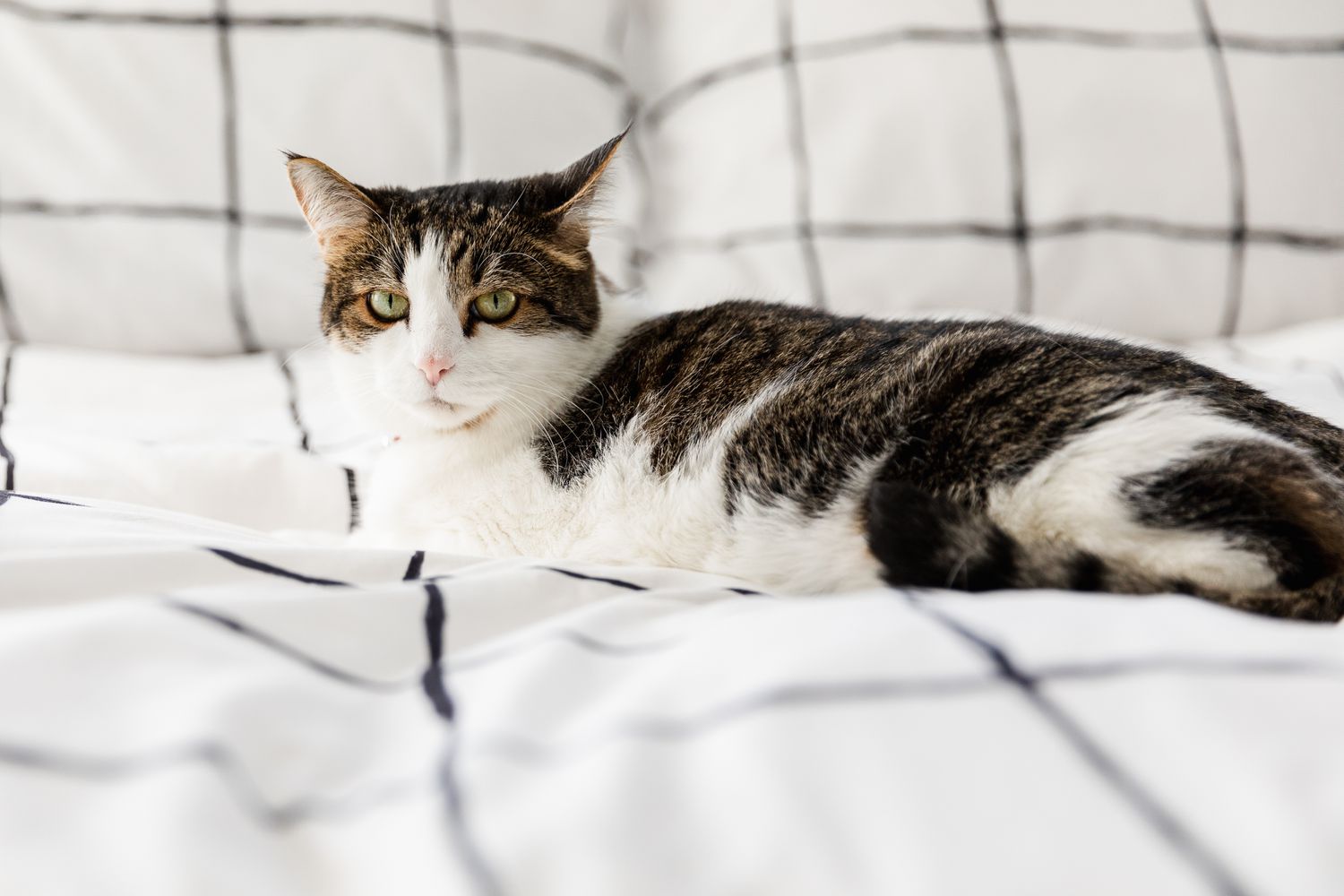
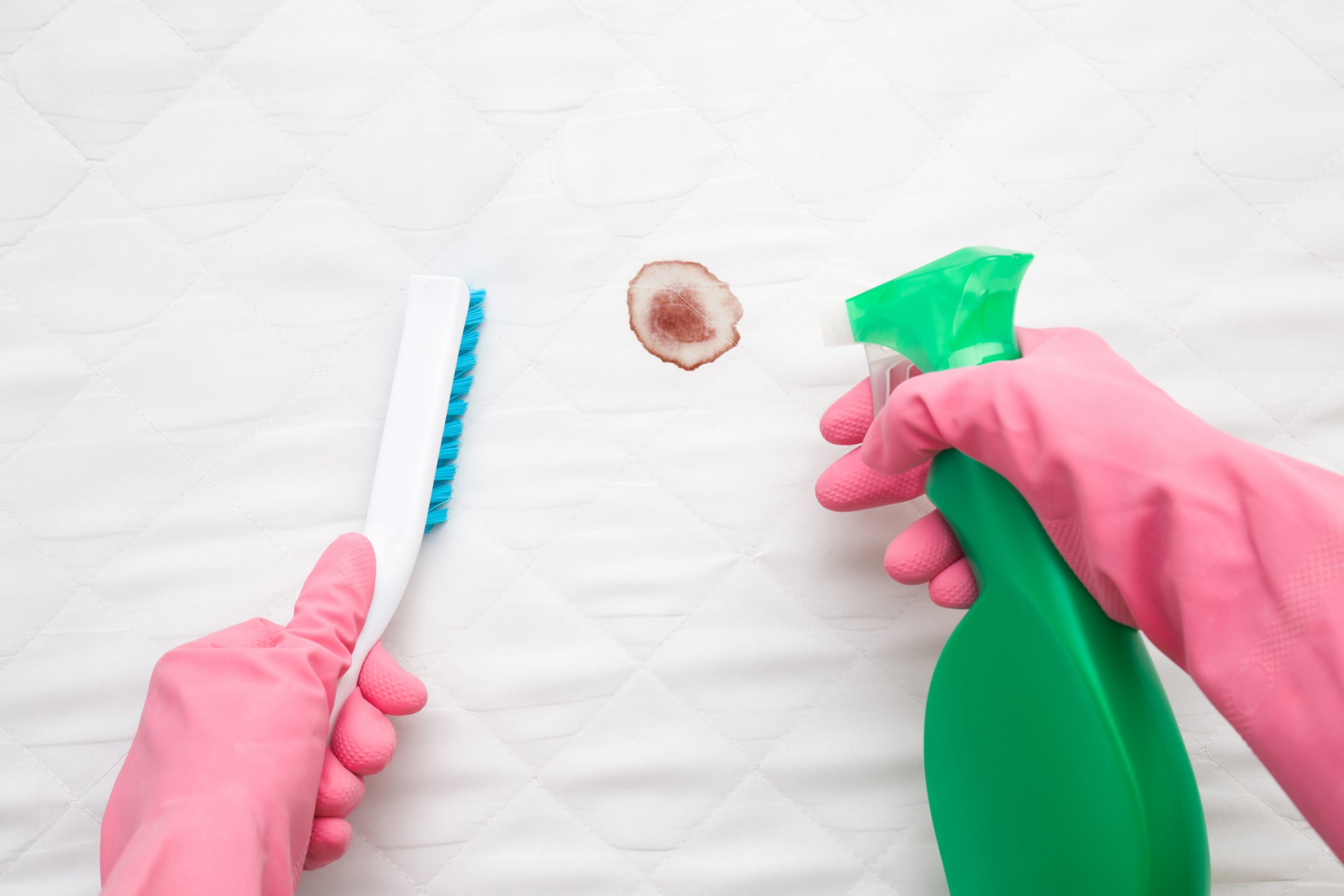
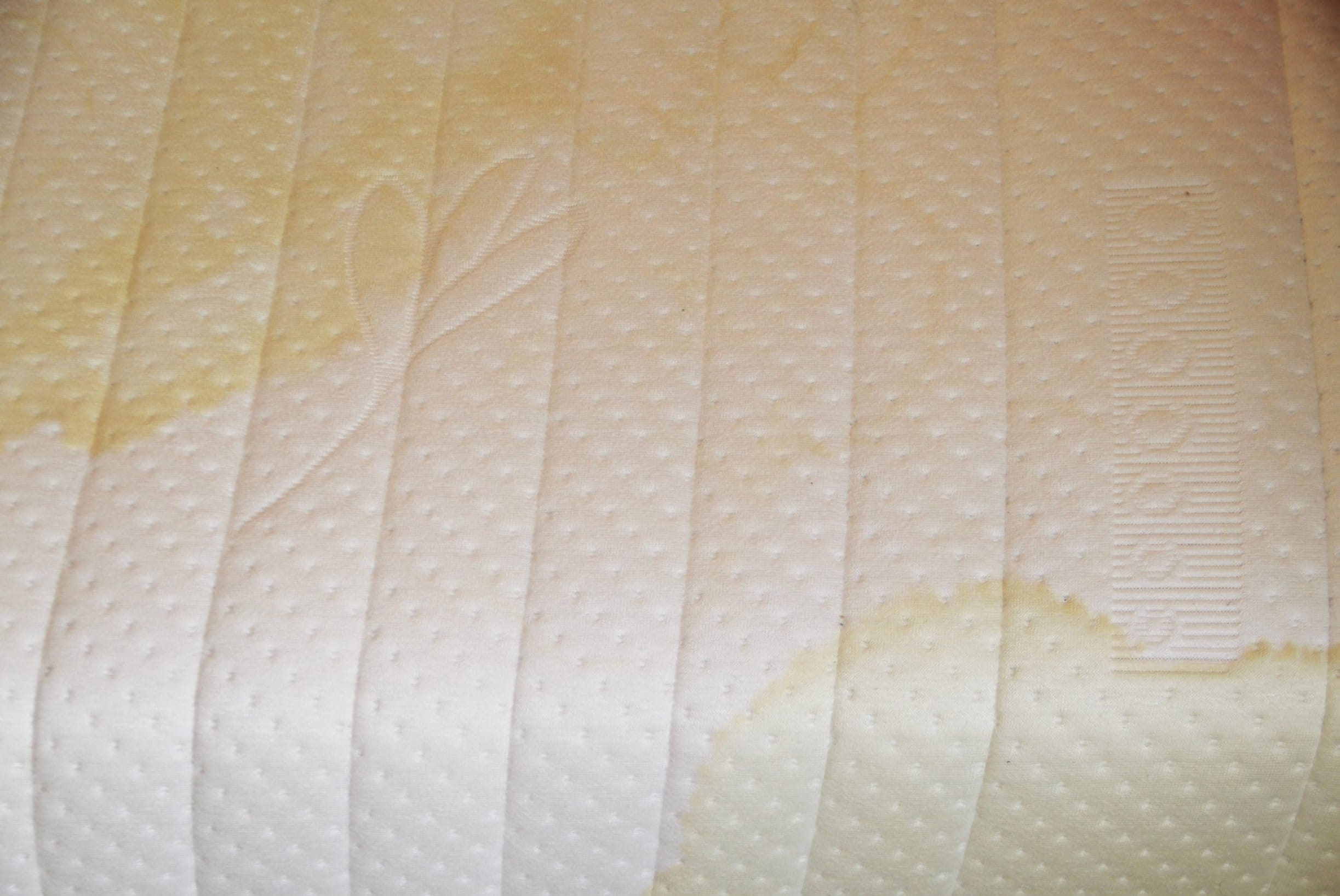
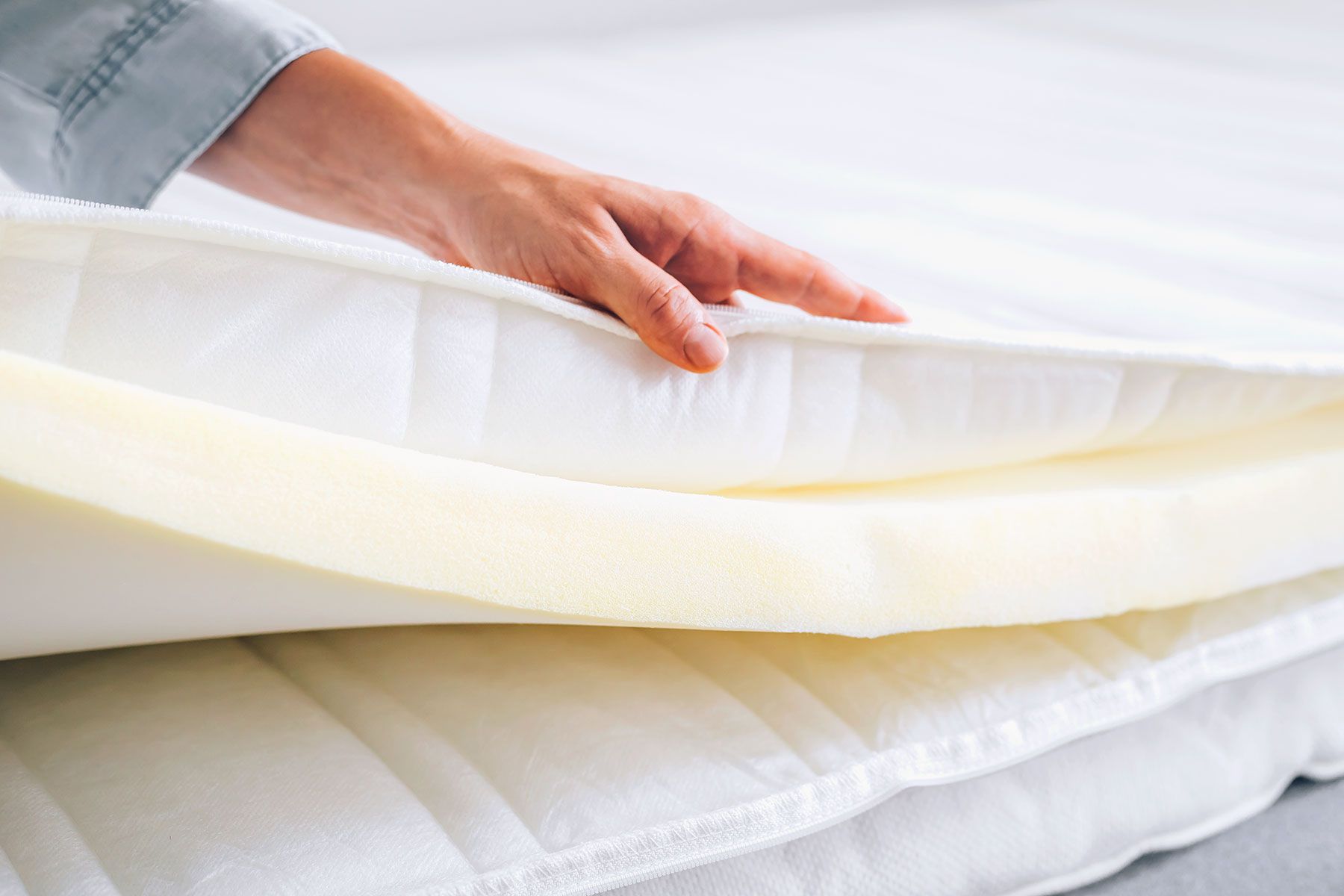
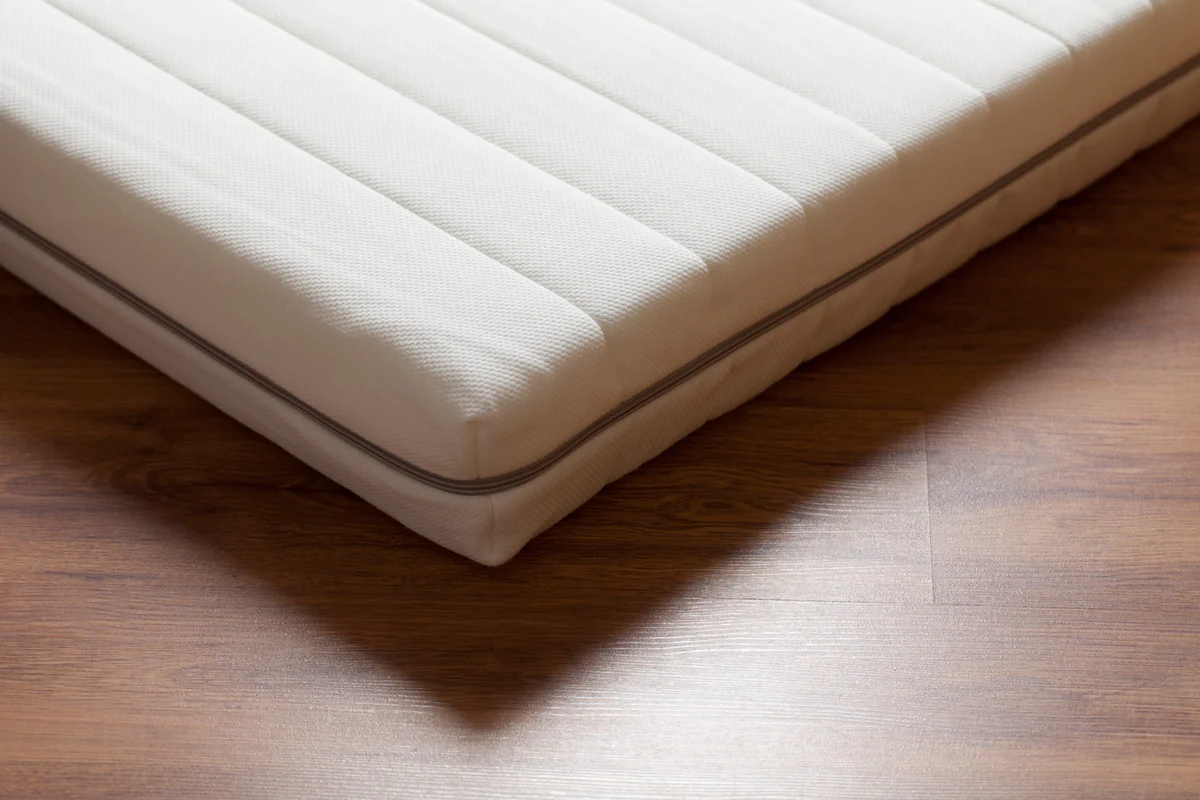
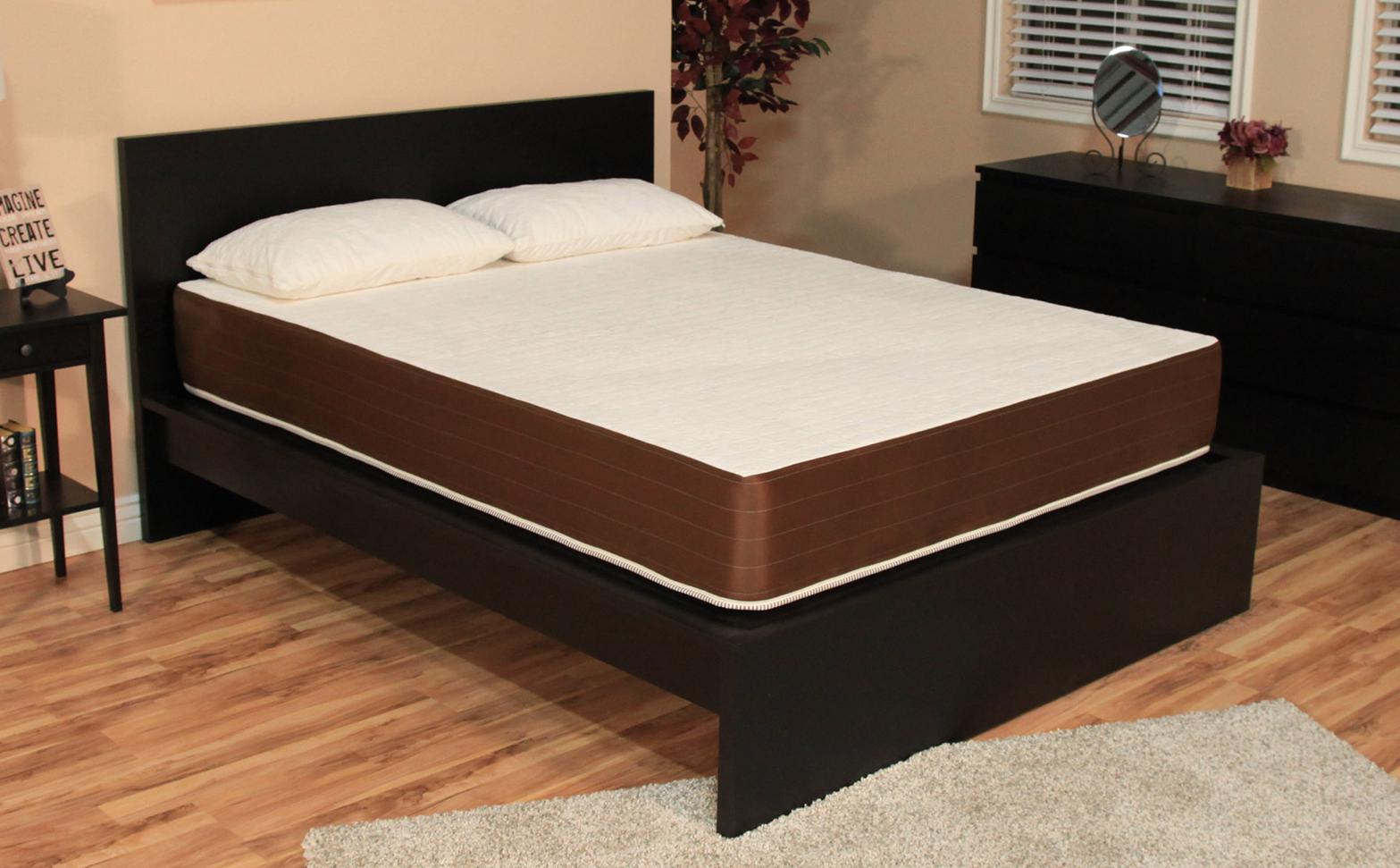
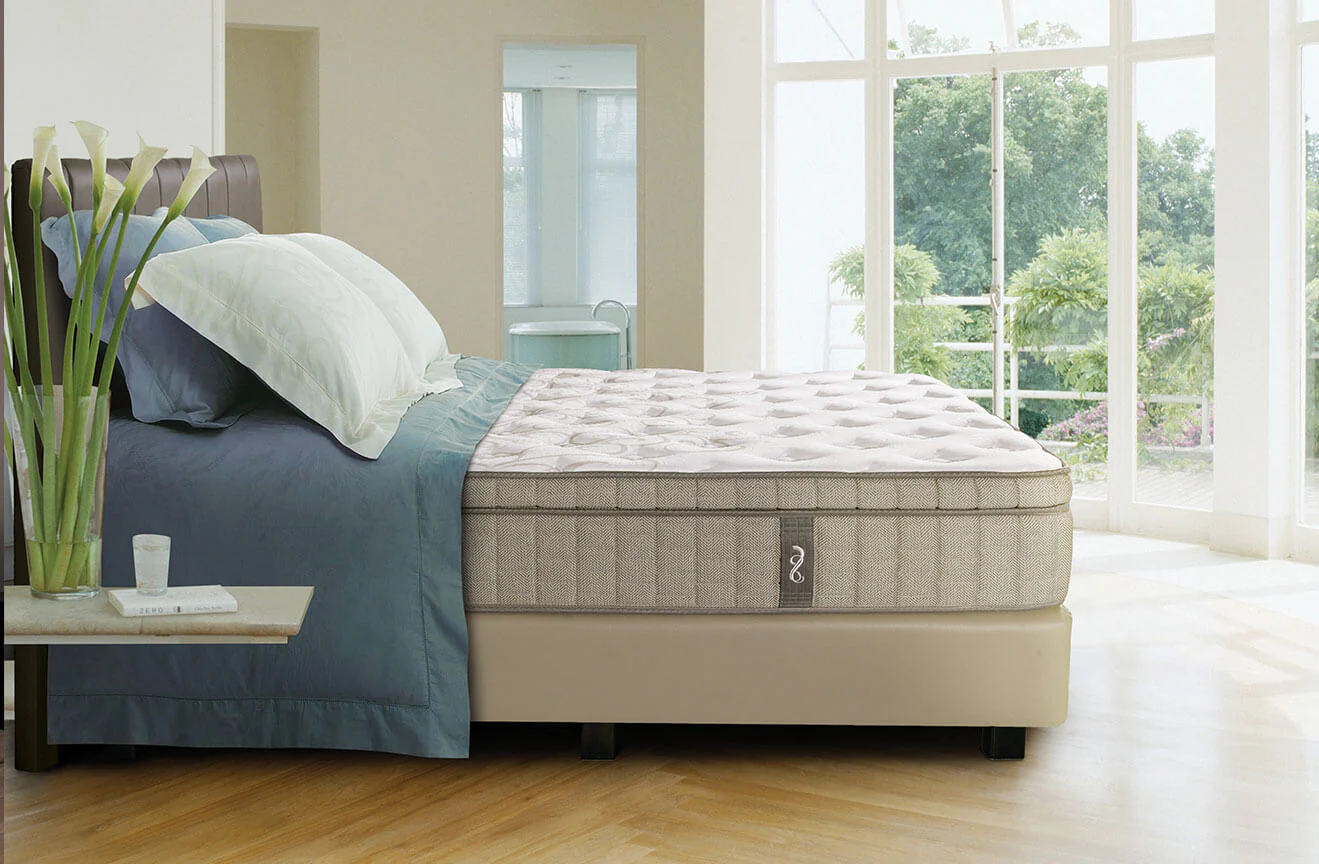
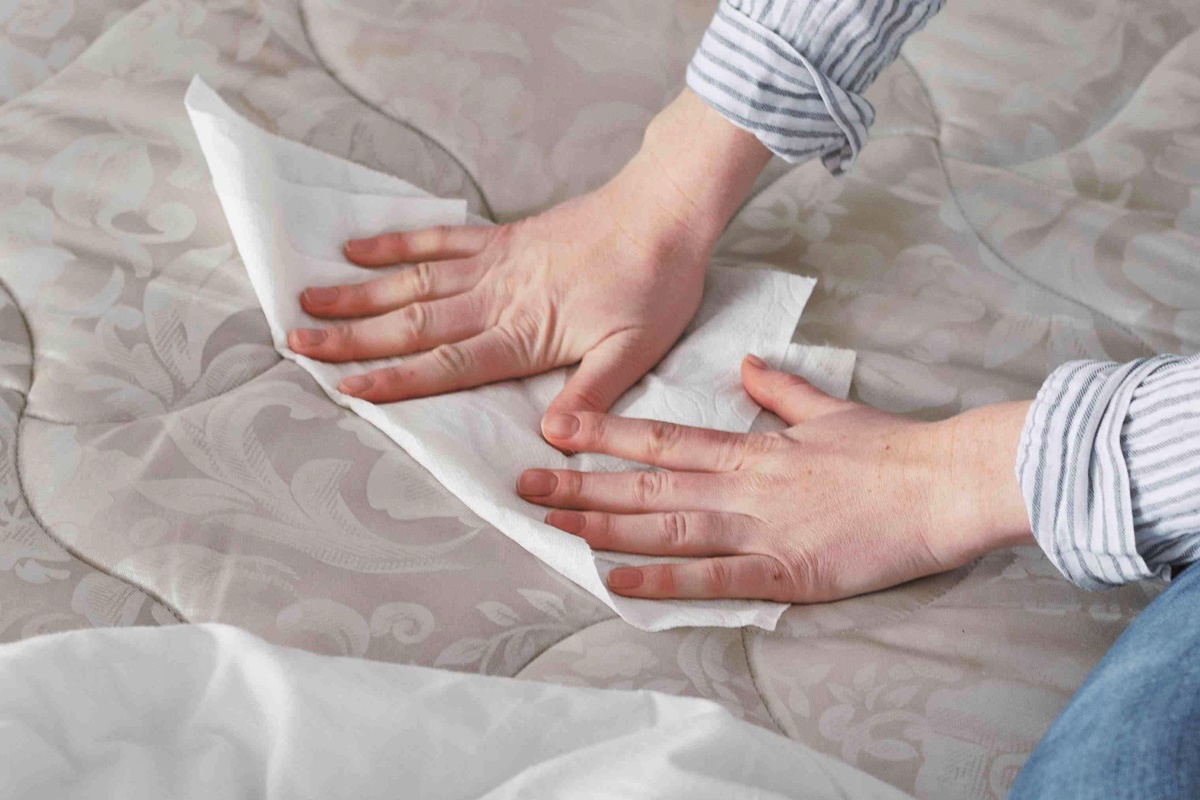
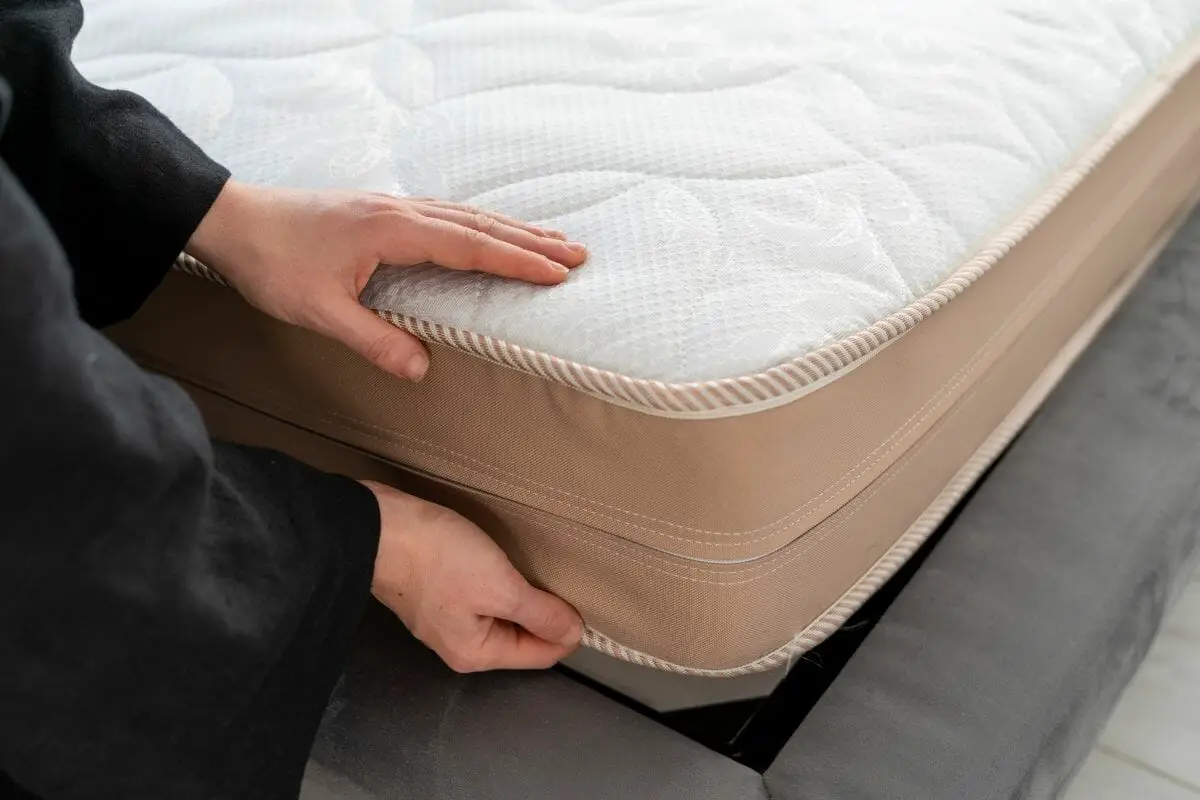
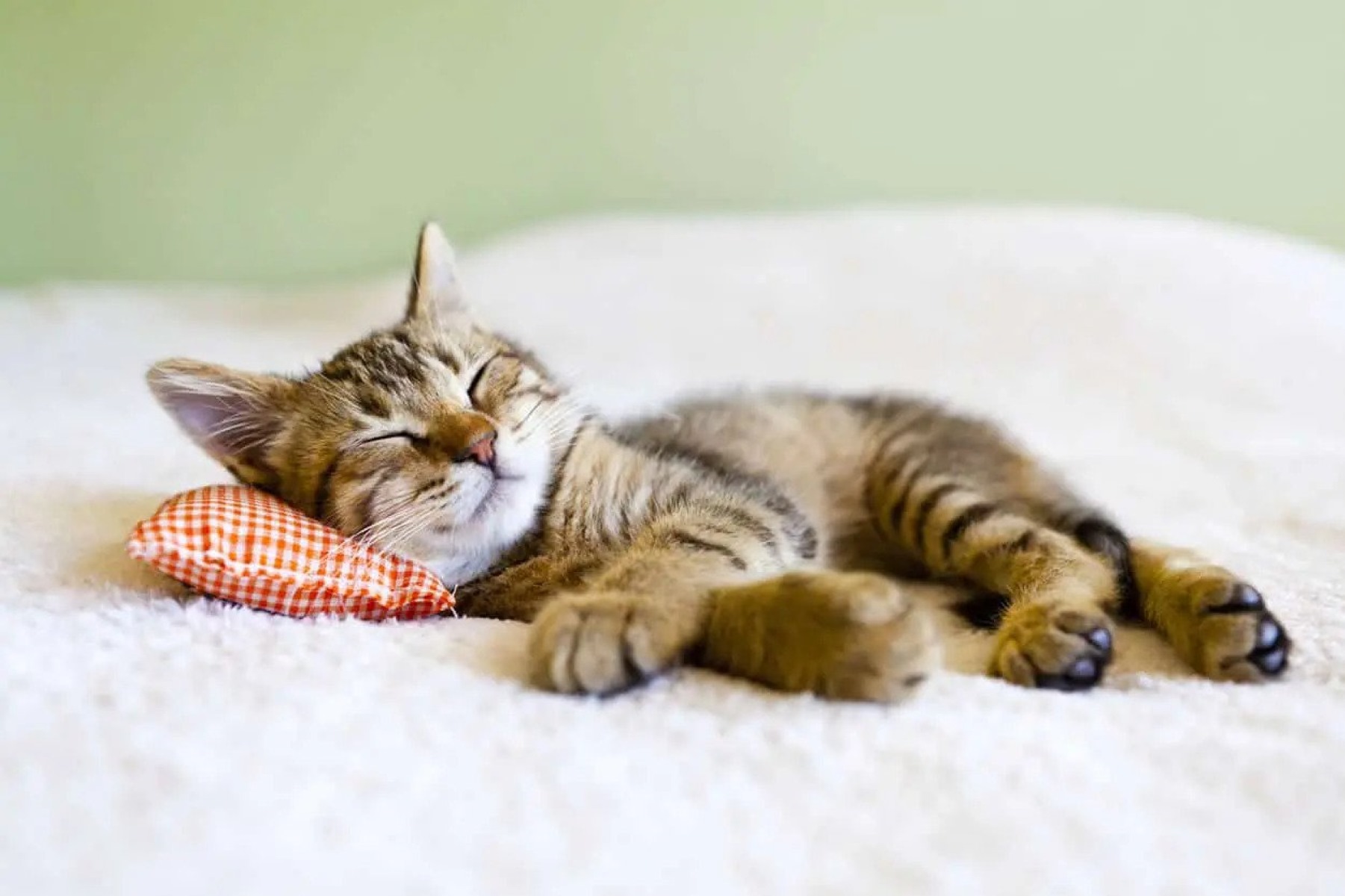
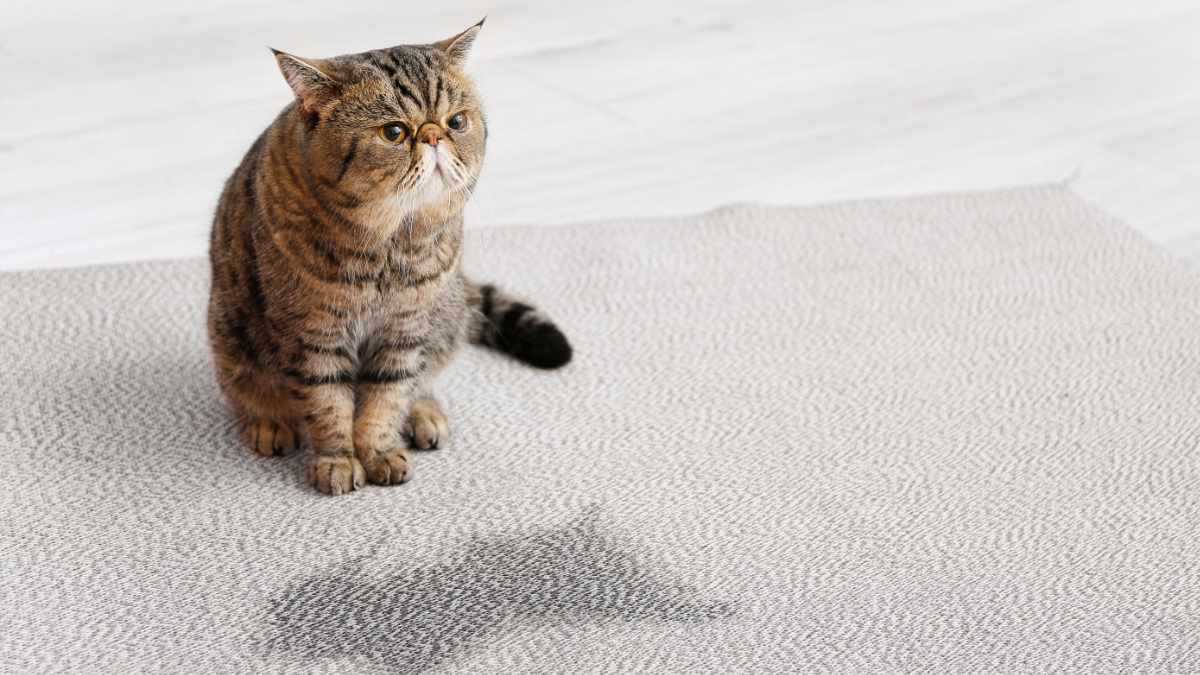
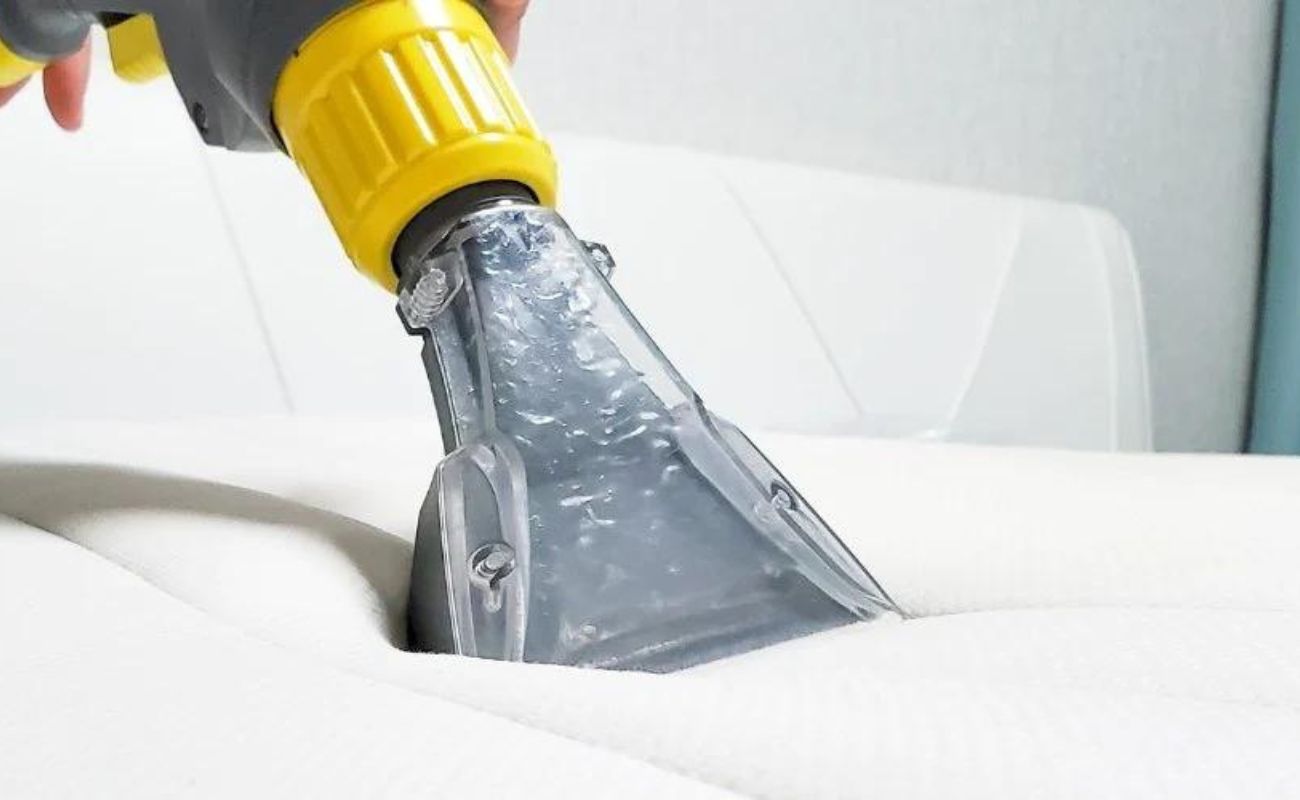
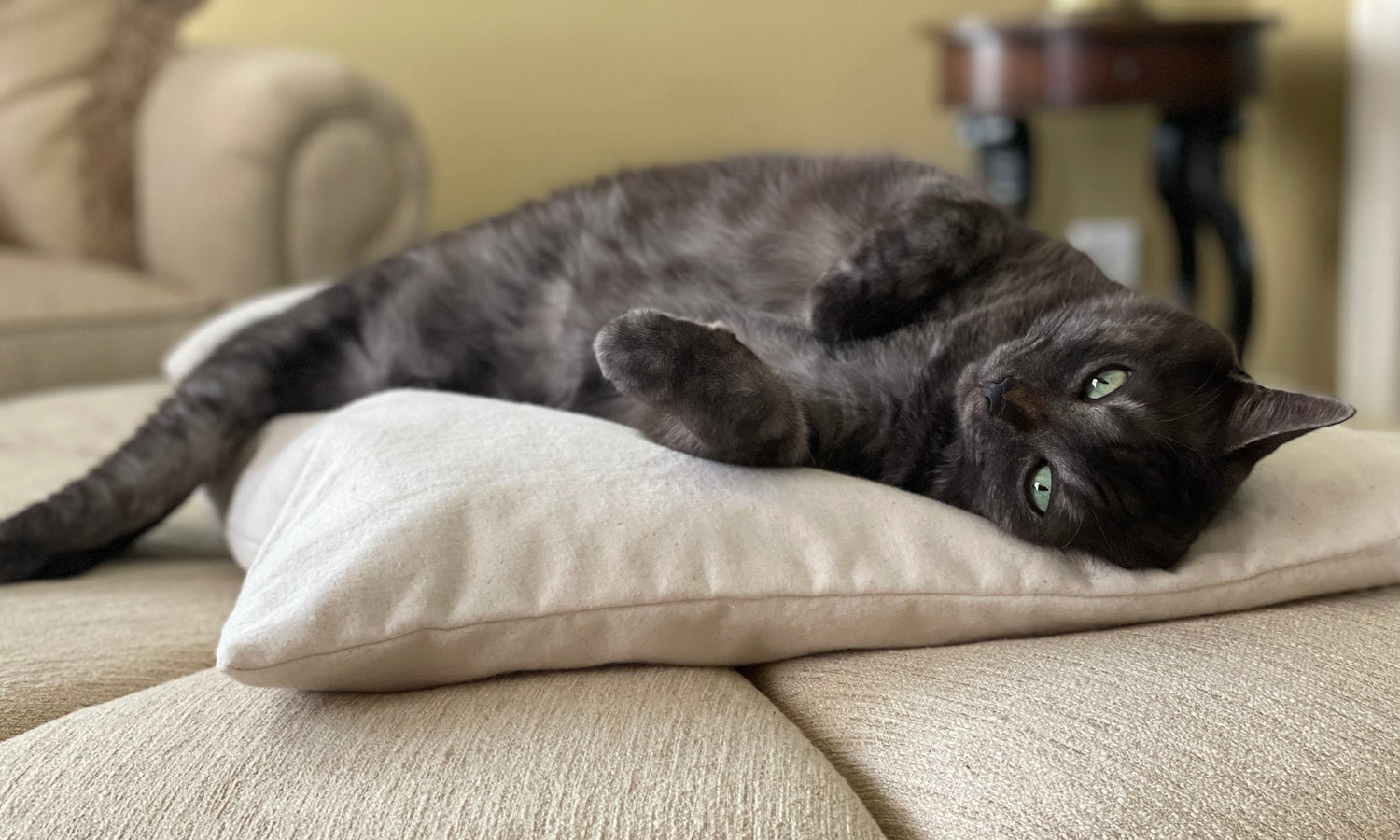
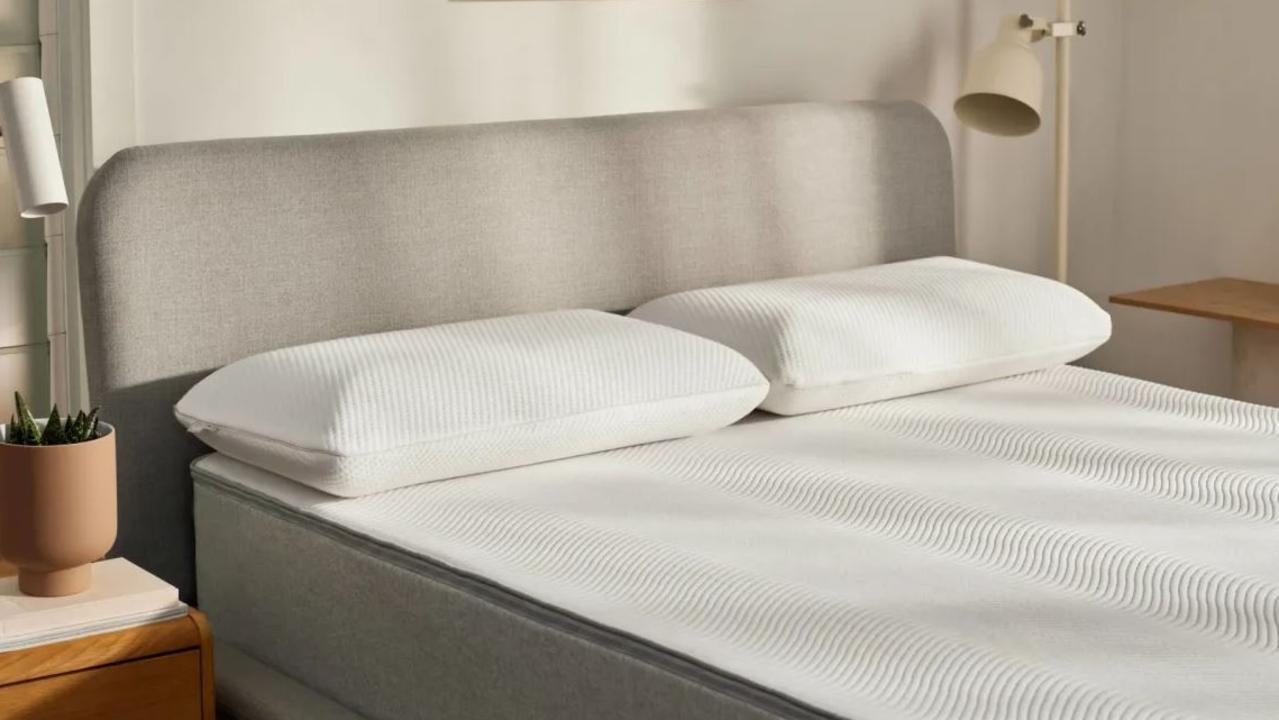

0 thoughts on “How To Get Cat Pee Out Of A Memory Foam Mattress”